Applying for your first credit card can seem daunting. There are so many cards to choose from and there is always the risk of getting declined.
Here are some points to consider when choosing your first credit card and also some direction of which cards to choose to help you build credit the right way.
1. The fancy cards are not for beginners
When you’re applying for your first credit card, you probably don’t have much credit yet. Therefore, you may want to look for a card that is easy to get approved for. At this point, it’s not the time to look for fancy travel cards which are typically tough to get approved for.
Later in this post I’ll list some good cards to try.
2. Choose cards with no annual fees
The first three credit cards that you apply for should be credit cards that don’t have an annual fee. The reason for this is because in order for you to build credit properly, you need to build up a proper credit history. That being understood, it’s important that the first three credit cards you open should never be closed. That will give your credit strong legs to stand on. This will definitely help you in the long run to build proper credit.
If you make the mistake and apply for a first credit card which does have an annual fee, what will you do if in 5 years from now you don’t want to pay the annual fee anymore? Therefore, it is smart to just apply for a credit card with no annual fee (for your first three credit cards), so that you never have to worry about keeping them open.
3. Don't sweat about your credit limit
For your first credit card don’t be too focused on getting approved for a high credit limit. Higher credit limits do not help you build credit. They just give you bigger spending power. Be happy even with a lower credit limit and just make sure to spend below 9% of your credit limit.
High credit limits come with time. First, you need to prove yourself credit-worthy. Climb the ladder but don’t skip any steps. First focus to get approved for a card even with a small credit limit and eventually after making a few months of on-time payments (usually six months) you can request for the bank to increase your limits.
4. Split up the cards between different banks
The first three credit cards you apply for should be split up between three different banks. The reason for this is, first of all, in the long run it will be easier for you to get approved for higher credit lines by these banks as you will have had a longer relationship.
Second, because it is so important for you to never close these credit cards and that these credit cards should never get closed down. So it is beneficial not to keep all your eggs in one basket. Just in case this bank decides to close you down (if you ever have a bounced check, etc.), you won’t lose all of your first few credit cards.
5. Choose cards that report payments to all three credit bureaus
Your first three credit cards should be cards that will help you build credit history with the credit bureaus. Choose a card that reports your payments to all three credit bureaus.
Most big banks report on-time payments to all three credit bureaus. But, they only report on-time payment for personal cards, not business cards. When applying for your first few cards make sure to choose personal cards not business cards as the business cards will not help you establish proper credit.
6. Getting denied for a credit card sounds scarier than it really is
When applying for your first credit card even the smartest consumers can get a denial. Don’t take it personally and don’t sweat too much about it.
Getting declined for a credit card does not get reported to the credit bureaus and does not affect your credit in any way. I will rephrase it as my words might be a bit misleading.
When applying for a credit card the bank will always pull your credit report to check your credit. This is called a credit inquiry. Credit inquiries are done regardless if you get approved for the card or declined. A credit inquiry has a slight effect on your credit score. But, there is no additional effect for when the application ends up getting declined.
Good first credit cards
Here are the credit cards to start with and some instructions about each one. Good luck!
Capital One Journey ($0)
The Capital One Journey card approves very easily even newcomers to credit. I literally see 99% of applicants get approved without any credit history.
If you get declined for the card then try again 30 days later. You should get approved at that point.
Amex Blue Cash Everyday ($0)
Amex can often approve you if you’re new to credit but you’re already an authorized user on an Amex credit card for 3-6 months.
When you apply for the Amex Blue Cash* card, Amex will only do a soft pull to your credit at which point they will tell you if you’re approved for the card or not. Only if you accept the approval will they do a hard pull to your credit. So it might be worth trying for the card.
Discover It ($0)
It is easy to get approved for the Discover It card if you write on the application that you’re a student. However, they will almost always ask for a student letter, so you have to be able to prove that you’re a student.
TD Cash Secured ($29)
The TD Secured card has a 100% approval rate. I have never seen them decline anyone for any reason. They will require you to set up a TD Bank account. The card has a small annual fee of $29 but if you tried all other cards above and nothing worked for you, then this one is foolproof.
*The new application experience is currently available for individuals applying for U.S.Personal Card Via HelpMeBuildCredit, at AmericanExpress.com/us/credit-cards, or by calling American Express, and is not available if you apply for a card after you log into an existing CardMember Account.

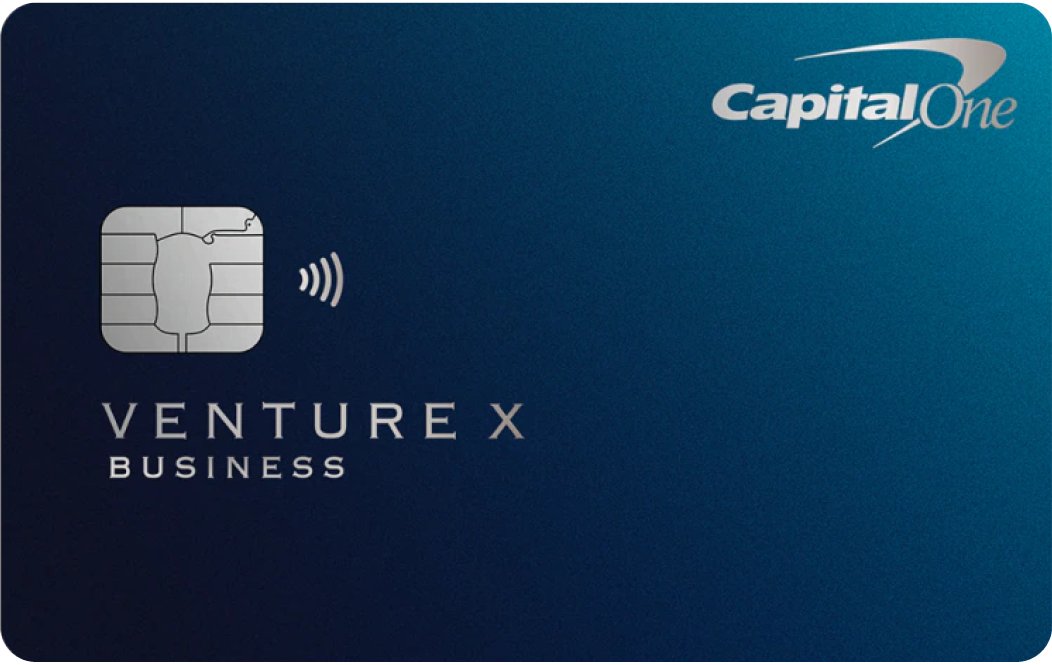
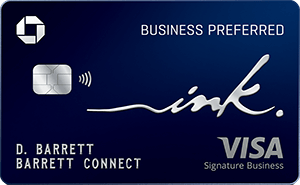
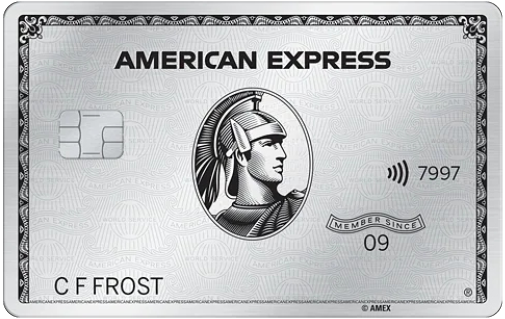
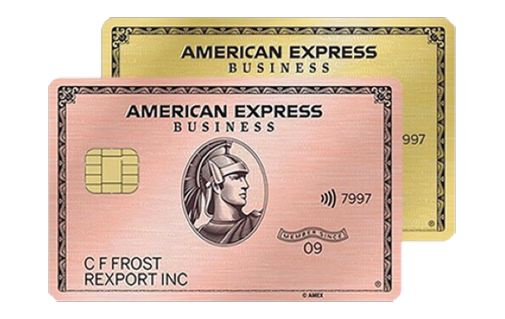
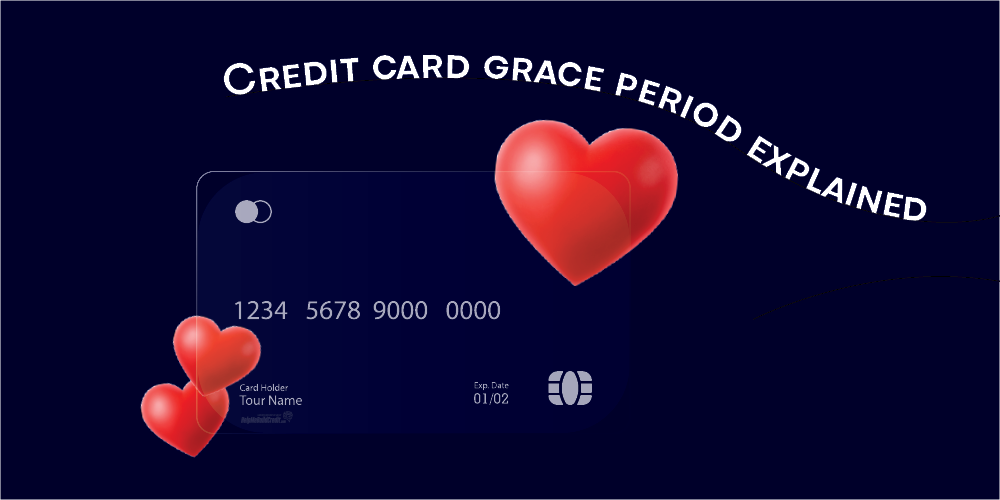
![Best Credit Cards With Airport Lounge Access [2024]](https://helpmebuildcredit.com/wp-content/uploads/2022/06/post-on-cards-with-airport-lounges.png)
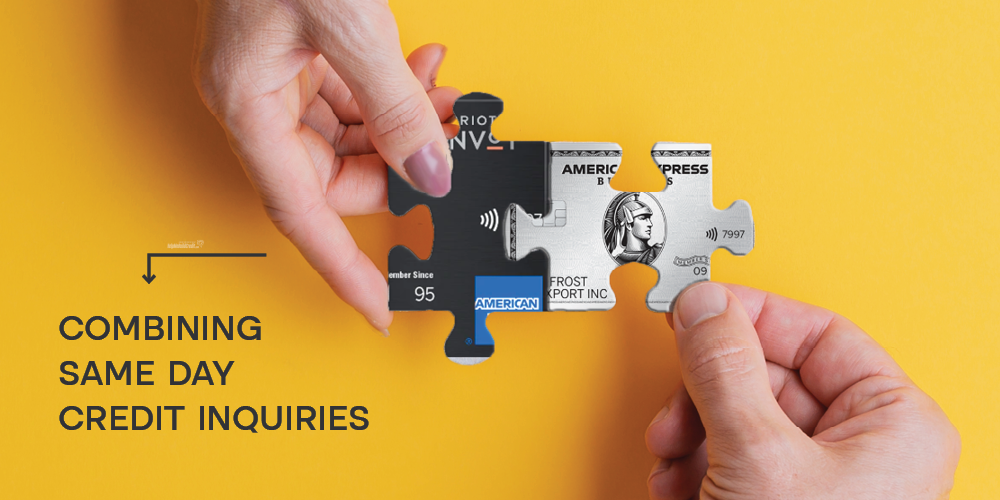
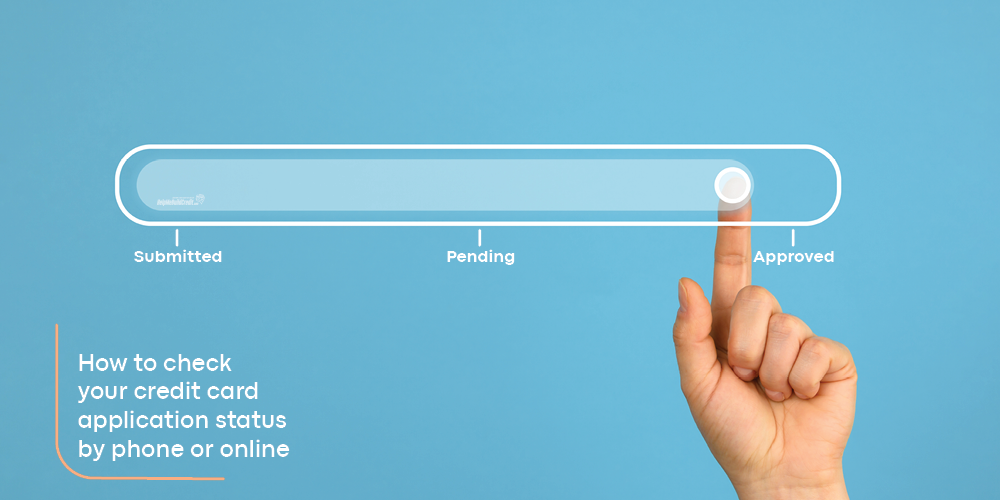
![The 10 Best 0% APR Credit Cards For April [2024]](https://helpmebuildcredit.com/wp-content/uploads/2023/07/Post-on-best-0-apr-cards3-1080x675.png)


![The 10 Best Credit Card Offers For April [2024]](https://helpmebuildcredit.com/wp-content/uploads/2024/03/post-on-best-offers-april-2024.png)




0 Comments